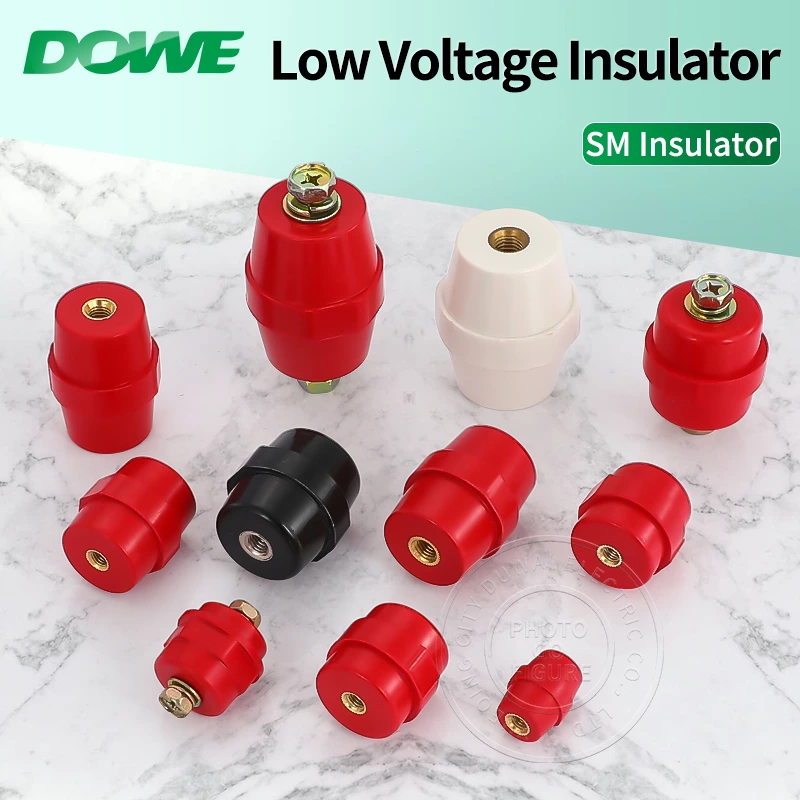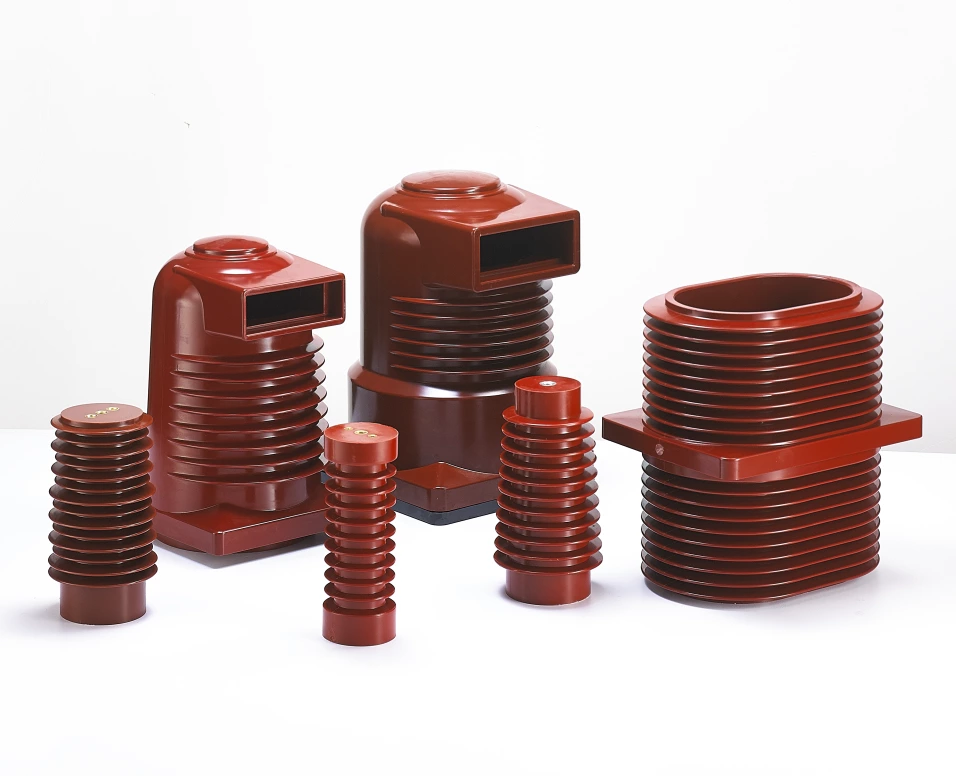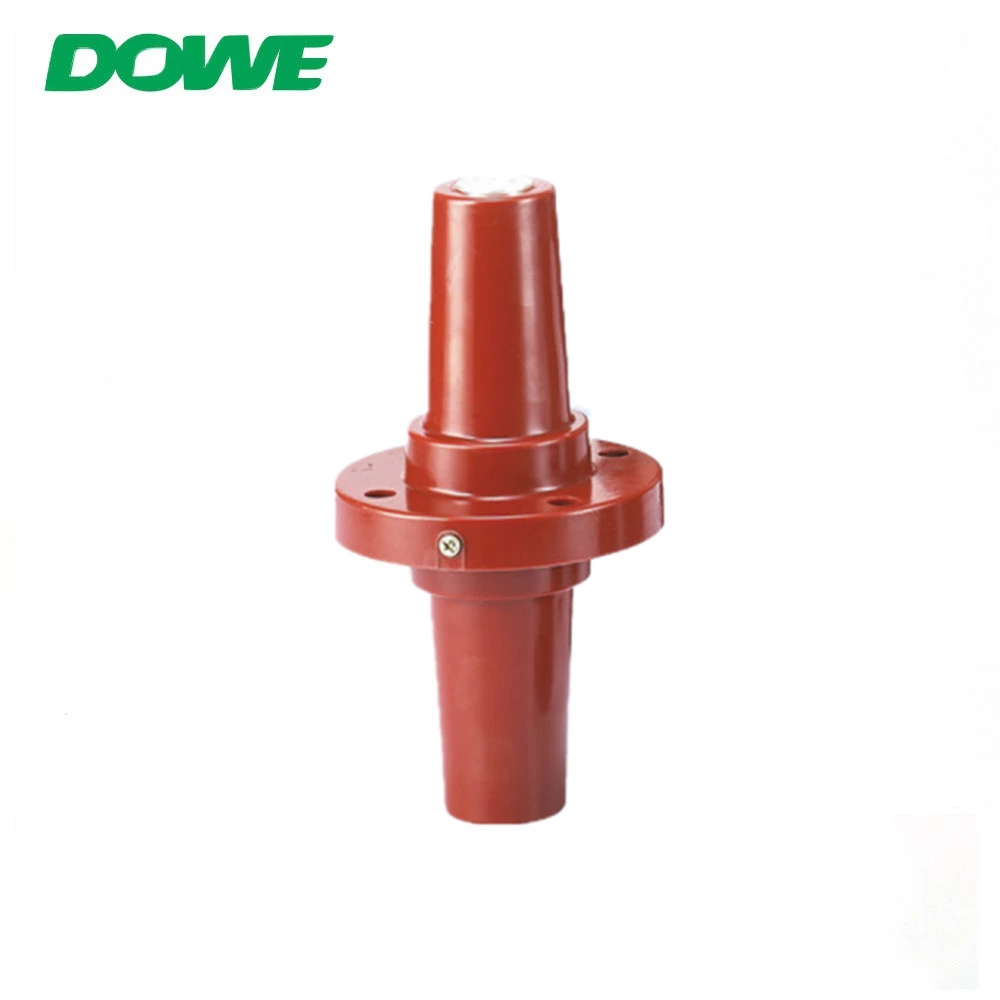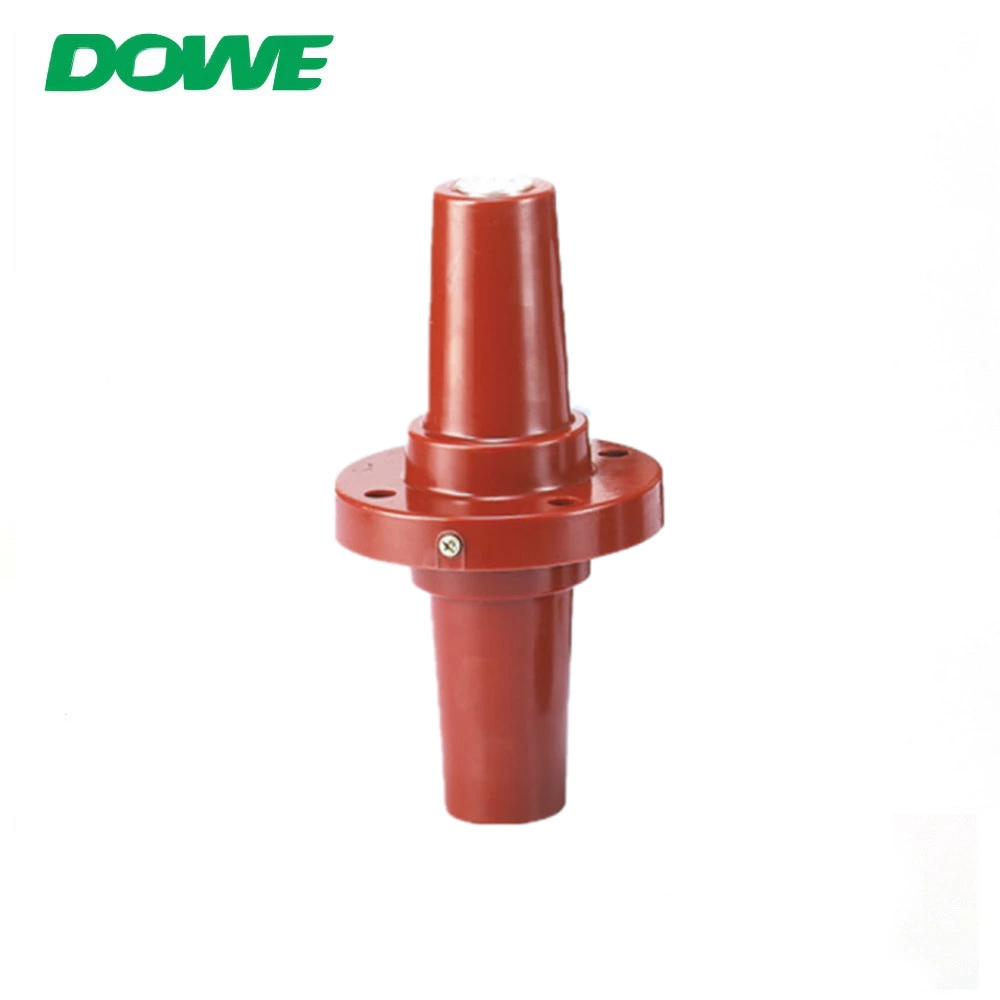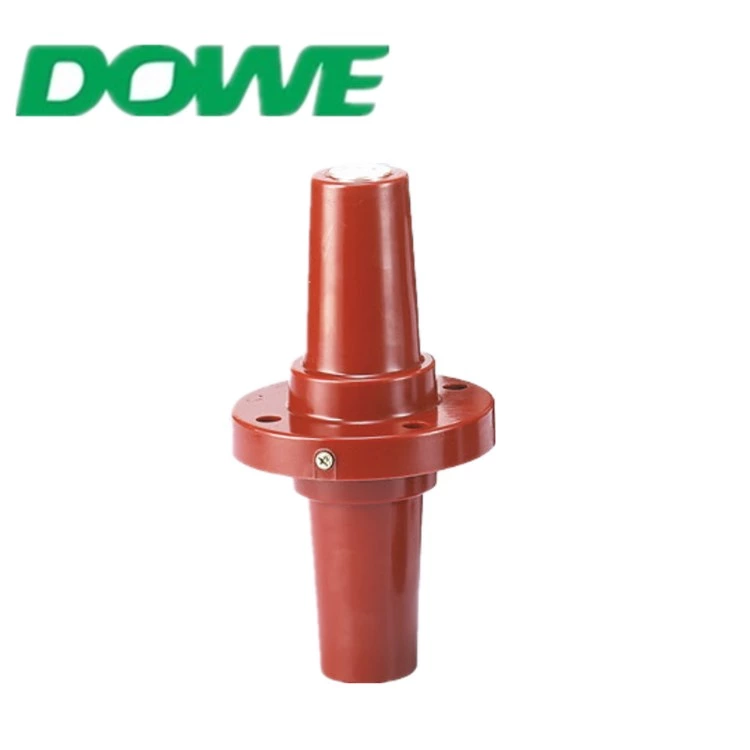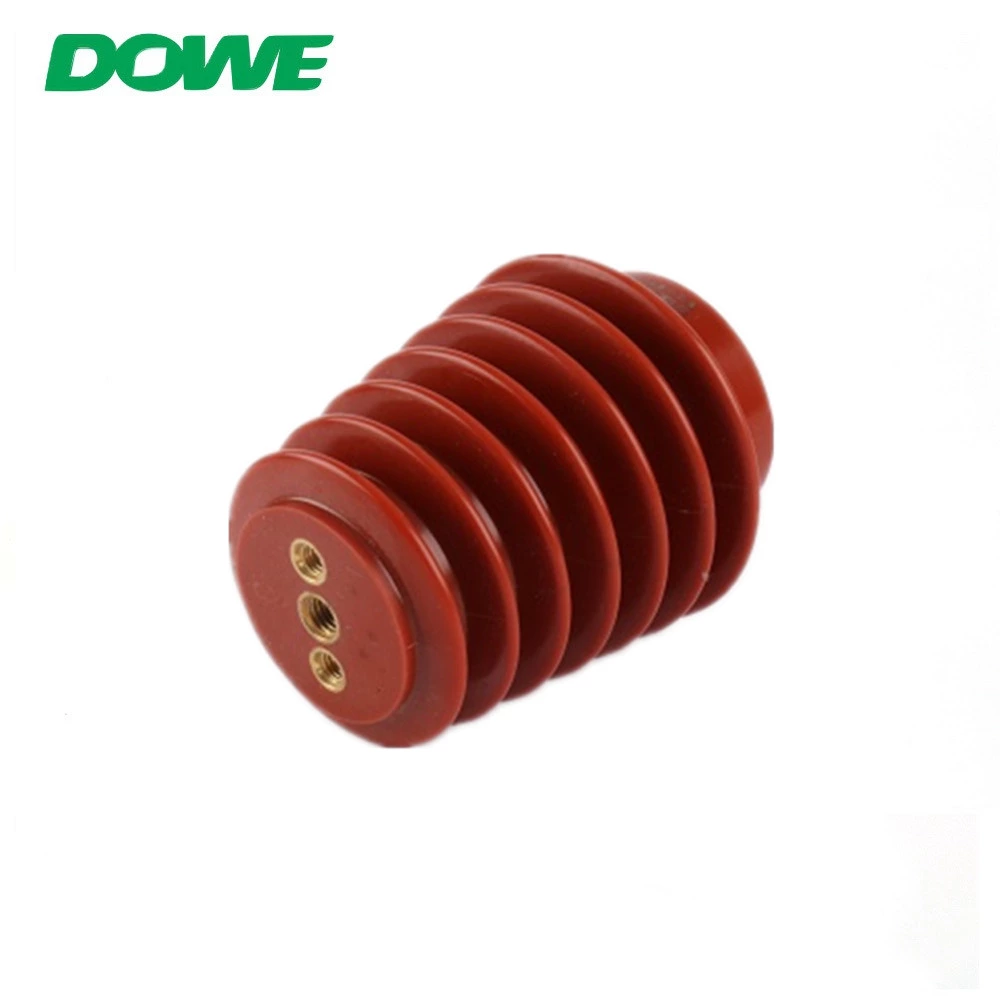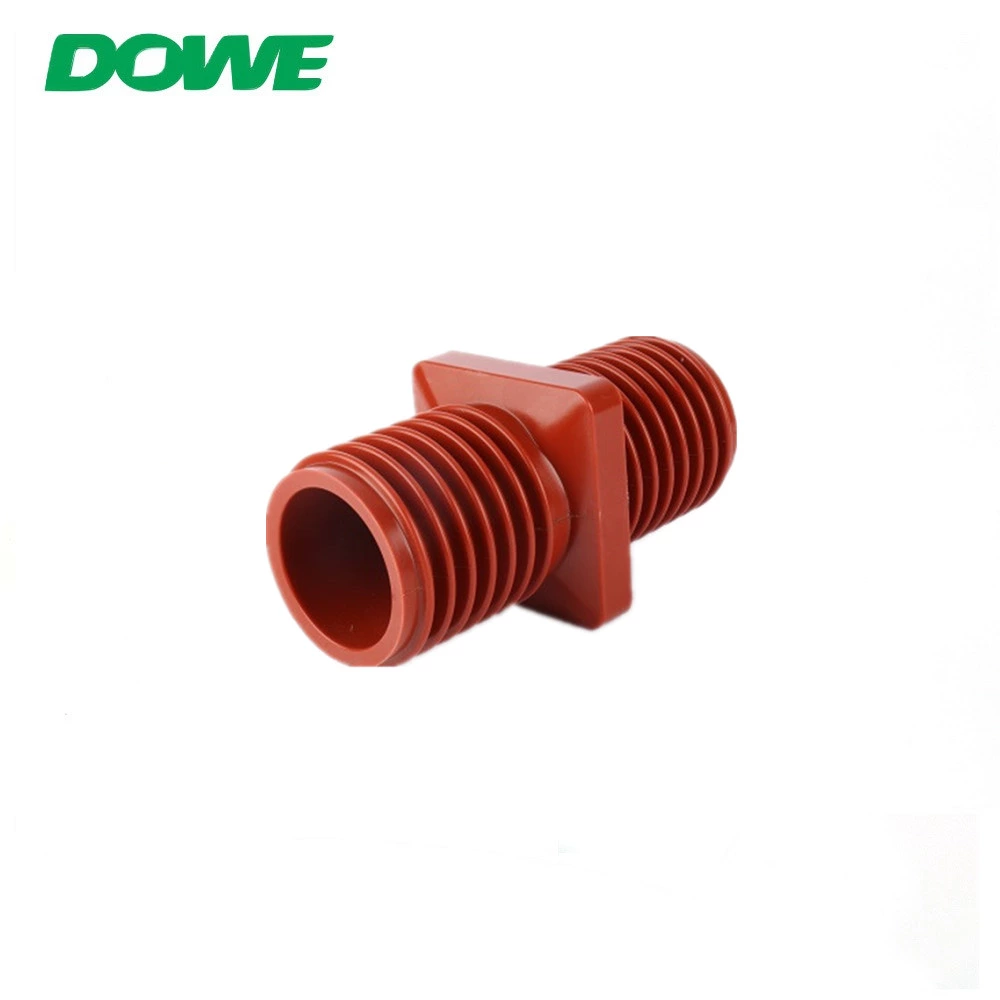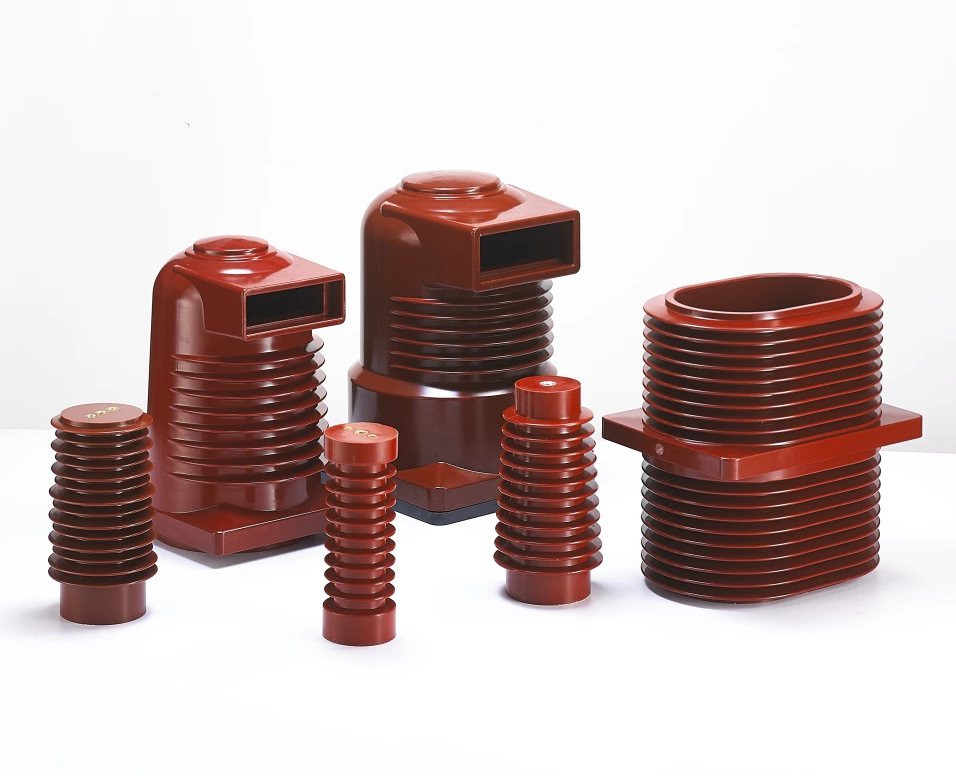How to Determine the Right Busbar Support Insulator Specifications for Your Setup?

Selecting the right busbar support insulator is a critical step in any electrical installation. The wrong choice could result in system failures, safety hazards, and unnecessary maintenance costs. But with so many factors to consider, how do you determine the correct specifications for your project?
The right busbar support insulator specifications are determined by factors such as electrical load1, mechanical strength2, environmental conditions, and compliance with industry standards3.
In this article, we'll walk you through the essential aspects to evaluate when choosing busbar support insulators for your electrical setup. By understanding these specifications, you’ll ensure a reliable and safe installation.
[Table of contents]
- What Are Busbar Support Insulator Specifications?
- How Do Electrical Load Requirements Impact Insulator Specifications?
- What Role Do Mechanical Strength and Material Selection Play?
- How Do Environmental Conditions Affect Insulator Specifications?
- Why Are Industry Certifications Important When Choosing Insulators?
- Conclusion
What Are Busbar Support Insulator Specifications?
Busbar support insulators are crucial components that provide electrical insulation and mechanical support for busbar systems. These insulators separate busbars from conducting surfaces and support them securely to prevent contact with other objects or surfaces that could lead to electrical faults.
Busbar support insulator specifications typically include the electrical rating4, mechanical strength, material type, environmental resistance5, and certification standards6.
These specifications determine how well an insulator can perform in a given application, ensuring that the electrical system operates safely and reliably over time.
Key Specifications for Busbar Insulators
- Voltage Rating: This defines the maximum voltage the insulator can handle safely without breaking down.
- Mechanical Strength: This includes the load-bearing capacity and resistance to mechanical stress, like wind or seismic loads.
- Material Type: Different materials (porcelain, fiberglass, composites) are selected based on their durability, insulation properties, and suitability for the environment.
- Environmental Resistance: Resistance to temperature extremes, humidity, UV exposure, and pollutants.
- Certifications: Ensures compliance with global safety and quality standards.
How Do Electrical Load Requirements Impact Insulator Specifications?
The electrical load your busbar system will carry is one of the most important factors when selecting an insulator. Busbar insulators must be able to withstand the electrical and thermal stresses generated by the electrical current.
Electrical load directly impacts the voltage rating, thermal dissipation, and the physical design of the busbar support insulator.
When determining the right insulator specifications, you need to consider the following:
-
Voltage Rating: Ensure the insulator can handle the maximum operating voltage of your electrical system without breaking down or arcing. This will depend on the power distribution and the overall voltage requirements for your setup.
-
Current-Carrying Capacity: The insulator should be able to support the busbar, which carries the electrical current, without degrading. High currents can cause the busbar to heat up, so insulators must dissipate heat efficiently.
Calculating Load Requirements
To accurately calculate the required specifications, consider the following parameters:
- Maximum Current (Amperage): The higher the current, the more heat the system will generate. Choose insulators that can handle the thermal load and ensure safe operation.
- System Voltage: High-voltage systems will require insulators that are rated for greater dielectric strength to prevent insulation breakdown.
What Role Do Mechanical Strength and Material Selection Play?
The mechanical strength of busbar support insulators ensures that they can withstand physical forces such as wind, vibrations, or seismic activity. In high-stress environments, insulators must provide both electrical insulation and mechanical stability.
Choosing the right material for busbar insulator supports involves balancing mechanical strength, electrical properties, and environmental durability.
Material Selection
-
Porcelain: Traditionally used in high-stress applications, porcelain is known for its high mechanical strength and durability. However, it can be heavy and prone to breaking under impact. It's often chosen for industrial settings or high-voltage systems where strength is critical.
-
Fiberglass: This material is lighter than porcelain and is highly resistant to corrosion, making it ideal for coastal or industrial environments. Fiberglass insulators have good mechanical strength but may be less heat-resistant than porcelain.
-
Composite Materials: Composite insulators made from materials like epoxy or silicone are increasingly popular due to their lightweight properties, UV stability, and resistance to environmental factors like pollution and humidity. These insulators combine the best aspects of porcelain and fiberglass but are often more expensive.
Load-Bearing Capacity
The insulator must be capable of supporting the busbar and withstanding mechanical forces such as:
- Wind Loads: In outdoor installations, wind forces can impose significant mechanical stress on insulator supports.
- Seismic Activity: In areas prone to earthquakes, insulators must be able to resist shocks and vibrations without failing.
Choose insulators with adequate load-bearing capacity for your specific installation conditions.
How Do Environmental Conditions Affect Insulator Specifications?
Environmental conditions, such as temperature fluctuations, humidity, UV exposure, and pollution, have a major impact on the performance and longevity of busbar support insulators.
Environmental conditions determine the material choice and durability of the busbar insulator support.
Temperature and Humidity
-
High Temperature: In areas with extreme heat, certain materials like porcelain can become brittle. For these conditions, composite materials or fiberglass insulators are more suitable because they offer better heat resistance.
-
Humidity: In regions with high humidity, the risk of corrosion increases. Insulators made of fiberglass or composite materials are more resistant to moisture than porcelain. If your project is located near the coast or in an industrial setting, you’ll want to select insulators that are resistant to corrosion.
UV Exposure
For outdoor applications, UV exposure can cause some materials to degrade over time, especially when exposed to sunlight for extended periods. Choose materials that offer UV resistance, such as composite insulators made from epoxy or silicone.
Pollution and Contamination
In highly polluted areas, insulators need to be resistant to contamination like dust, grime, and chemical deposits. This is especially critical in industrial environments, where pollution can degrade the performance of less durable materials.
Environmental Resistance Checklist
- Porcelain: Good for high mechanical strength but can degrade in extreme environmental conditions.
- Fiberglass: Resistant to humidity but may suffer from UV degradation.
- Composite: Best for UV, pollution, and humidity resistance, but may cost more.
Why Are Industry Certifications Important When Choosing Insulators?
When choosing busbar support insulators, it’s essential to ensure that they meet industry standards. Certifications verify that the insulators meet safety, performance, and durability criteria.
Industry certifications ensure that your insulators have passed rigorous testing and comply with relevant international standards.
Key Certifications
-
IEC (International Electrotechnical Commission): The IEC provides global standards for electrical products. Busbar support insulators that meet IEC standards are tested for safety and reliability across various electrical applications.
-
UL (Underwriters Laboratories): UL certification is particularly important for ensuring product safety in North America. UL certification for insulators ensures they meet strict electrical and mechanical performance criteria.
-
ISO Certification: ISO 9001 certification ensures that the insulators are manufactured according to quality management standards. This guarantees consistent quality and reliability.
Make sure the busbar insulator support is compliant with the required certification standards for your region and application to ensure that you’re getting a safe and reliable product.
Conclusion
Determining the right busbar support insulator specifications is crucial to the success and safety of your electrical project. By considering factors such as electrical load, mechanical strength, environmental conditions, and compliance with industry certifications, you can select an insulator that will perform reliably over time.
When making your decision, don't hesitate to consult with your supplier or a technical expert to ensure that the insulator you choose meets your specific needs. After all, the right insulator ensures that your system operates safely, efficiently, and cost-effectively for years to come.
Footnotes:
-
Electrical load: The amount of electric power consumed by the system. Ensuring proper load management is essential for system stability. ↩
-
Mechanical strength: The capacity of a material or structure to withstand mechanical stress, including forces like wind or seismic activity. ↩
-
Industry standards: Guidelines and regulations that ensure quality, safety, and consistency in product manufacturing and performance across various industries. ↩
-
Voltage rating: IEC provides standards for electrical systems, including voltage ratings, to ensure safe and reliable operation. ↩
-
Environmental resistance: Refers to a material’s ability to withstand environmental factors like humidity, UV exposure, and corrosion. ↩
-
Certification standards: UL certifications ensure products meet safety and performance requirements in the U.S. ↩
